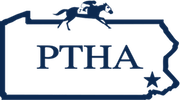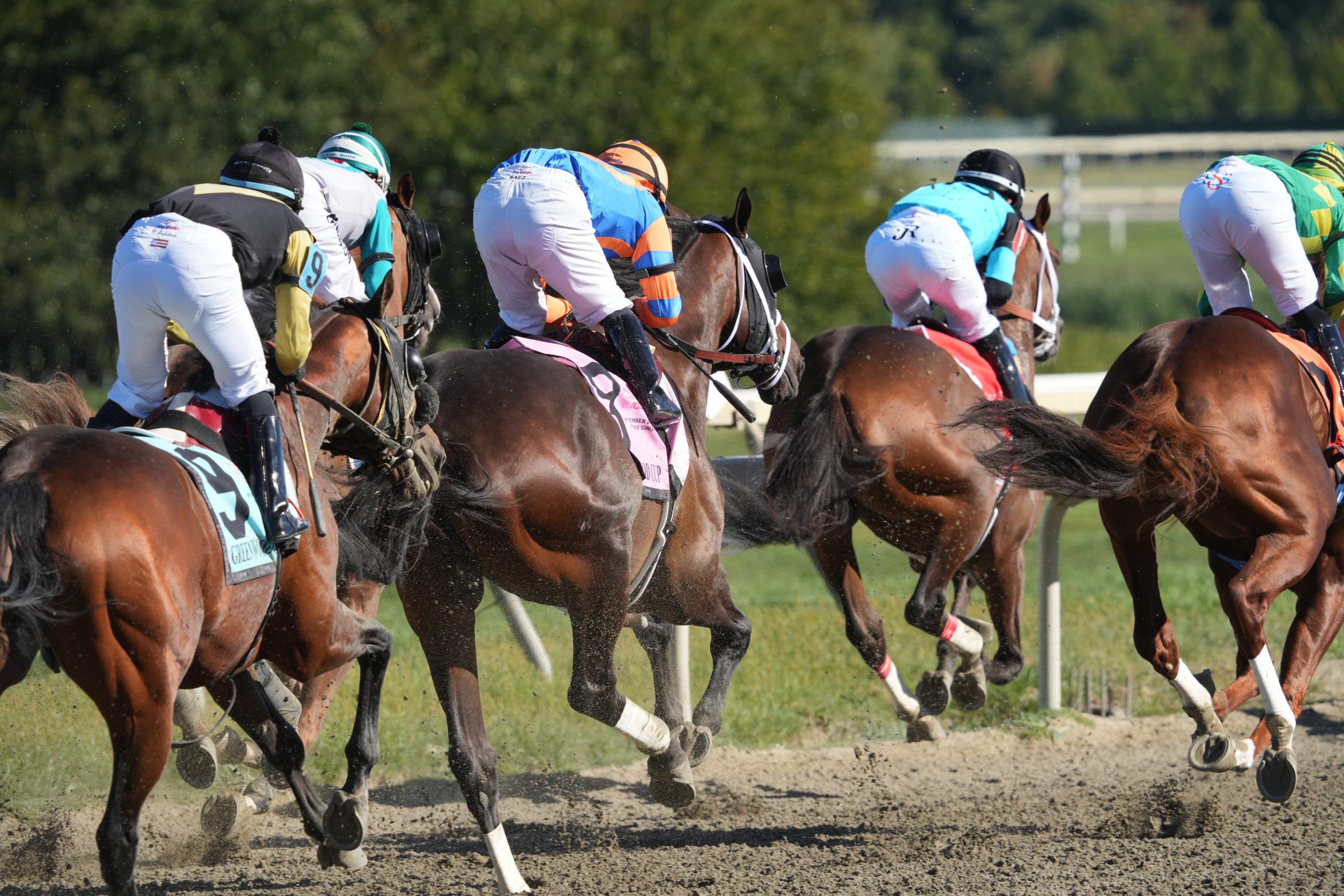
Leading Owner Driving Pennsylvania Economy at Parx Racing
Marshall Gramm is an economics professor at Rhodes College in Memphis, Tenn., its urban campus renowned for its beauty, its 2,025 students from 46 states and 43 countries celebrated for their community service. Gramm is also an owner of 40 horses in training spread around several American race tracks. There is, however, one track that stands out for Gramm – Parx Racing.
“I consider Parx my home base,’’ Gramm said. “I’m always looking to bring a good horse to Parx whether I’m buying it at a sale, whether I’m buying it privately or whether I’m claiming it.’’
In fact, Gramm’s Ten Strike Racing was the leading owner at Parx in 2016 and 2017. He has 12 to 18 horses in training at Parx at any one time. He pays a $75 day rate (per horse per day). The trainer and jockey each get 10 percent of winning purses. The vet gets paid. Gramm pays the horse van company, which happens to be Brook Ledge, with a Pennsylvania hub based in Oley, near Reading. He figures he has a van bill approaching six figures every year.
“I love buying horses elsewhere and bringing them to Pennsylvania to race,’’ Gramm said. He claimed 14 horses at the 2018 Oaklawn Park meet. Half of them ended up at Parx.
“Parx has a great purse structure,’’ Gramm said. “Parx has a wonderful condition book. I really love how they do their condition book, better than any track in the country, just in terms of how it’s methodically set up. It’s why I enjoy racing there. It’s a great locale to base horses.’’
So the economics professor, son of former Texas United States Senator Phil Gramm, is a serious economic driver in the Commonwealth.
“I’m a breeder,’’ Gramm said, “I’ve got PA-Breds. I have a significant number of horses that all come from out-of-state. So if anyone knows anything about owning horses, almost all my money just plows right back into Parx. Look, I made some money in 2016, lost a little bit in 2017 and look good in 2018. It’s hardly like you can take that purse money and imagine that all comes in my pocket. It all goes back to (trainer Carlos Guerrero), his staff, building up his stable. A small fraction, if I make a profit at all, comes back in my direction.’’
Gramm has two mares at Pin Oak Lane Farm in New Freedom, York County. One of them was bred to Pennsylvania sire Jump Start.
“I don’t come up to Pennsylvania often enough or Parx often enough, but I think of it as my home track,’’ Gramm said. “I bet Parx on a daily basis. The only difference between me and some of your owners up there is that I live in Memphis, Tennessee. I don’t think that changes any part of the equation of where my money goes. I guess if I have a good day, I might go a restaurant in Memphis versus a restaurant in (Bensalem). But that’s really about it.’’
Gramm pays taxes in Pennsylvania. His trainer’s staff, including grooms, hot walkers and exercise riders, is all employed in Pennsylvania.
Gramm owns most of the stable’s claiming horses himself. He also puts partnerships together for horses he buys as yearlings and 2-year-olds with the main objective being Oaklawn Park for partners that live in Arkansas. He has a few horses at Monmouth Park, Laurel Park and Golden Gate Fields.
“We file (taxes) in all the different states we race,’’ Gramm said. “We ran at 30 different tracks last year and we won races at 16 different tracks. We won 69 races.’’
In 2017, he had 10 different trainers, with the attendant accounting and bookkeeping issues.
“I used to do that on my own, but I basically outsourced that to my accountant,’’ Gramm said. “It was too much.’’
Parx, however, is always his favorite track.
“It’s the place that I want to race of all the tracks I sort of look at,’’ Gramm said, “It fits my ownership profile. I don’t have enough money to compete in New York.’’
It’s laughable when somebody suggests the purse money at Parx is going to sheikhs. Gramm would know.
“I feel like a lot of the owners at Parx are a lot like me,’’ Gramm said. “A lot of them are small businessmen. I don’t think of Parx owners as a series of outsiders. I’m an anomaly, but I feel like I’m not a poacher. The only way I’m an anomaly is that I don’t live in Pennsylvania.’’
He contributes so much to the commonwealth’s economy every year it is almost as if he lives here.
“I pay taxes in Pennsylvania,’’ Gramm said. “I have a big business. I did over $785,000 in purses. Almost all of that money gets churned right back into my business, buying more horses, breeding horses, helping to pay for my operation.’’
And, in his real job, he is also helping grow the overall business. He taught an “Economics of Race Track Wagering Markets’’ class in the spring of 2017. He had 35 students and plans to teach the class every other spring semester.
“All those students e-mailed me their Derby picks,’’ Gramm said. “When I teach my other classes, it’s hard not to work in horse racing-related examples.’’
So Marshall Gramm has a serious racing stable. He teaches about the game. And he is the leading owner at Parx.
-By Dick Jerardi












